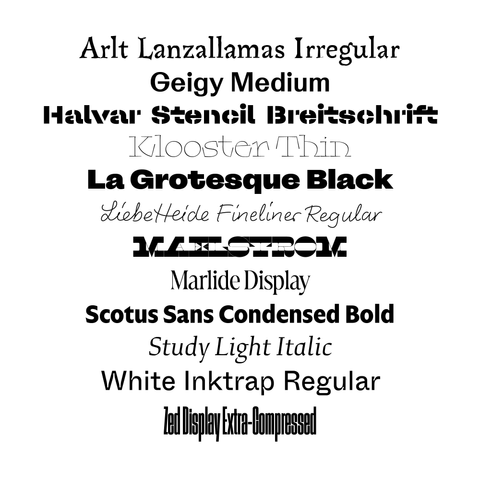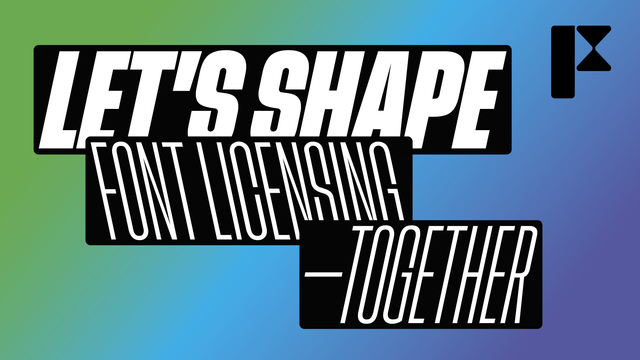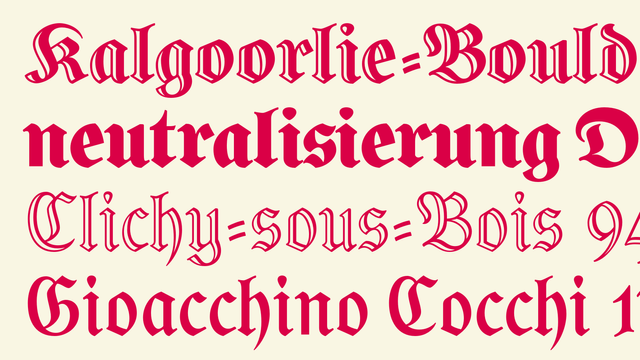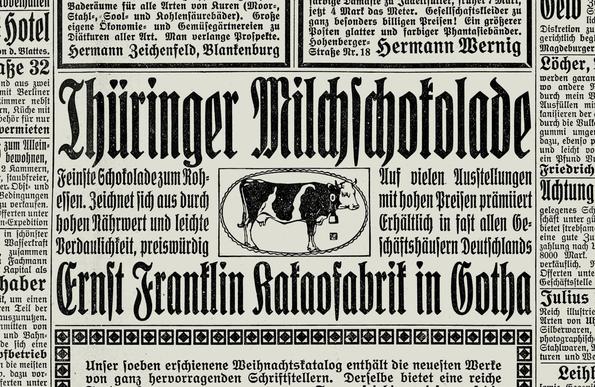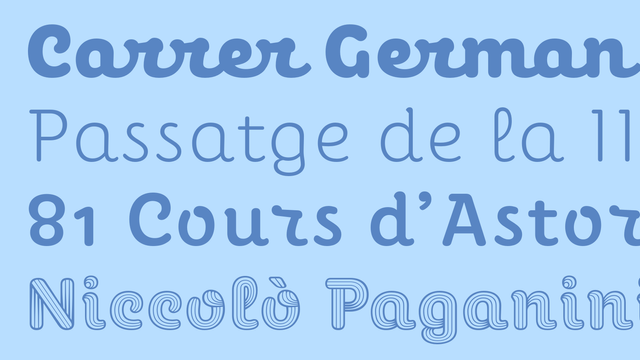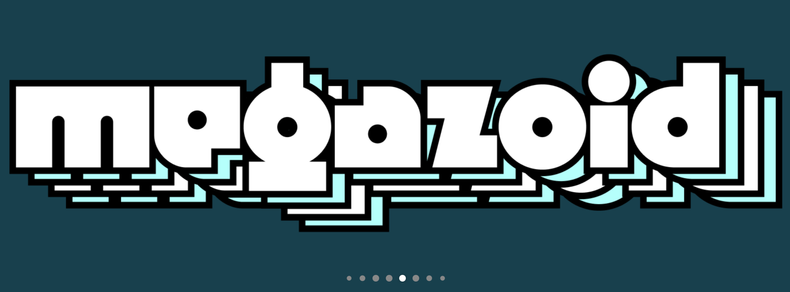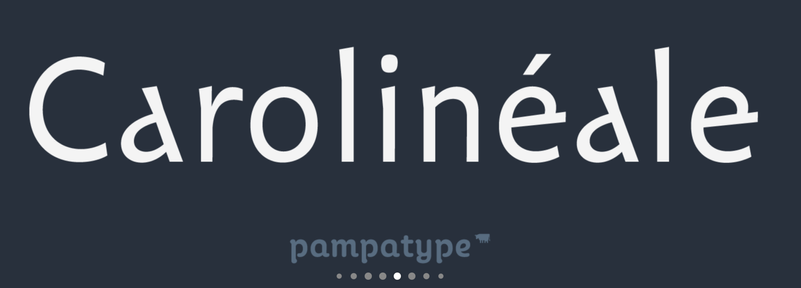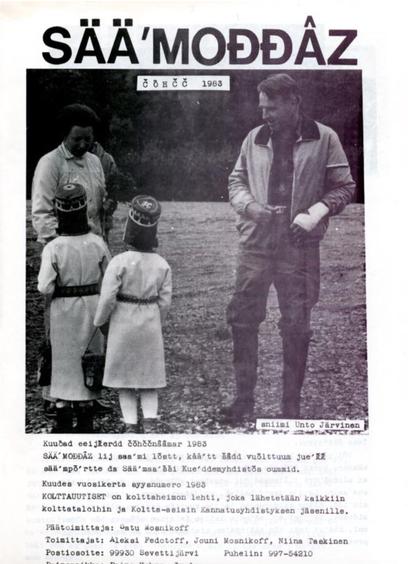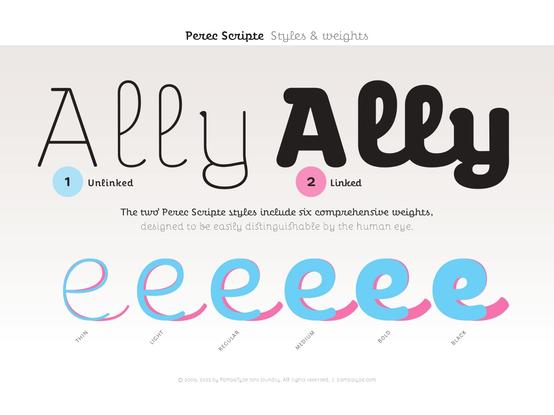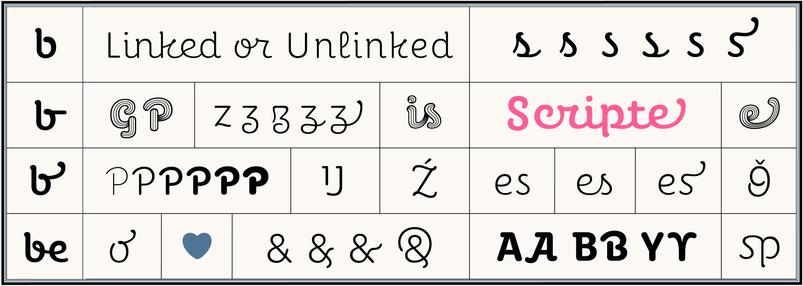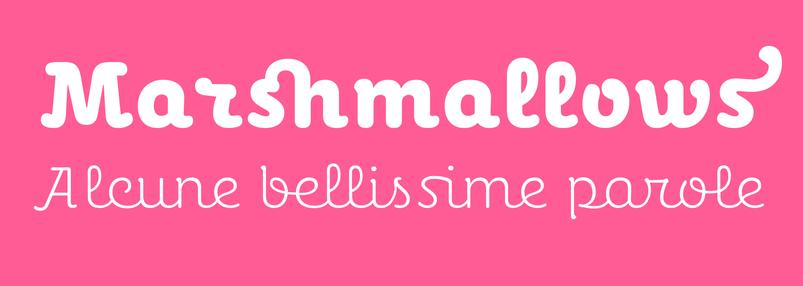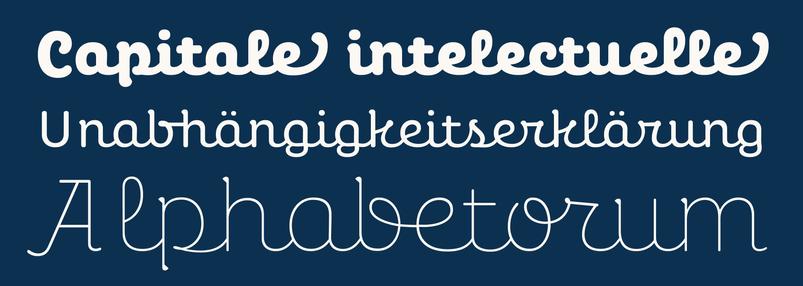The TypeLab schedule is live on this page https://2025.typographics.com/typelab/ now. Grab your free tickets and join TypeLab online and/or in-person June 25–29
We design fine typefaces and tailored fonts since 2001.
Don't forget to grab your free tickets to TypeLab. June 25–29, hosted online [Zoom meetings & Livestream] from Asia, Europe & Americas as well as in-person [with livestream] at The Cooper Union NYC. The schedule is posted: https://2025.typographics.com/typelab/
Kia ora font whānau,
Our good friends and colleagues at @fontstand need your help.
As part of their transition to be the first type foundry cooperative, they’re running a Font User Survey:
https://typotheque.qualtrics.com/jfe/form/SV_6Sto8k1QfqxsR4a
After completing the survey you’ll get a bundle of fonts from partner foundries as a reward:
We’re are launching an independent industry-wide survey for font users. We want to hear about your experiences: What works? What’s confusing or frustrating? What would you change? Your answers will help us decide how licensing works within the Fontstand Cooperative.
NEW: Gorgias from @pampa is a sophisticated and refined blackletter typeface inspired by Schulfraktur, a traditional 19th-century German book type. Combining classic and contemporary elements, it includes four versions: Regular and Black in solid and open forms.
#ad
https://fontstand.com/fonts/gorgias1
@fontstand Hey @pampa, did you know that Schelter & Giesecke’s 1912 specimen for Schulfraktur featured a cow? 🐄
:comments: Alejandro is going to take part in the next Lubalin Lecture Series of @coopertype. Join Loche on Monday, November 25, 2024 at 12:30–2:00 PM (EST) and discover the intriguing world of TUSCANS.
Don't miss the chance to assist to this online event! https://shorturl.at/SwQWe
NEW: Perec Scripte by @pampa, a unique vertical script with a delicate tone in two complementary styles: Unlinked and Linked, each with 6 weights, plus a Deco style for added impact. Part of the Perec superfamily, a tribute to the writer Georges Perec.
@rosetta Just yesterday by going on @fontstand I admired the megazoid a by @djrrb. Now looking for it, I stumbled upon Carolinéale by @pampa Type.
In 2024, we will start sharing some of the reference material that inform our type design processes.
Skolt Sami is a severely endangered Eastern Sami language, spoken in Neiden (Norway), Sevettijärvi (Finland) and around Lake Lovozero (Russia). Sääʹmođđâz was a quarterly journal published from 1978, promoting the newly created Skolt Sami orthography. #sami #skoltsami #sociolinguistics #sápmi
Mosnikoff, S. (Ed.) (1983). Sääʹmođđâz, Volume(1). Sevettijärvi.
@TiroTypeworks looks like Súper Tipo Veloz.
Want to know more on the #PerecScripte typeface? Read the full story behind the project, creative process, concept keys, and all the details, in the new article of our #Scriptorium.
👉 https://pampatype.com/blog/perec-goes-script
Having some fun with our new tester!
@pampa Been waiting for this one since my FontShop days. Congrats, Alejandro!
Something I’ve been thinking about a lot in the current battle over the future of (pseudo) AI is the cotton gin.
I live in a country where industrial progress is always considered a positive. It’s such a fundamental concept to the American exceptionalism claim that we are taught never to question it, let alone realize that it’s propaganda.
One such myth, taught early in grade school, is the story of Eli Whitney and the cotton gin. Here was a classic example of a labor-saving device that made millions of lives better. No more overworked people hand cleaning the cotton (slaves, though that was only mentioned much later, if at all). Better clothes and bedding for the world. Capitalism at its best.
But that’s only half the story of this great industrial time saver. Where did those cotton cleaners go? And what was the impact of speeding up the process?
Now that the cleaning bottleneck was gone, the focus was on picking cotton as fast as possible. Those cotton cleaners likely, and millions of other slaves definitely, were sent to the fields to pick cotton. There was an unprecedented explosion in the slave trade. Industrial time management and optimization methods were applied to human beings using elaborate rule-based systems written up in books. How hard to punish to get optimal productivity. How long their lifespans needed to be to get the lost production per dollar. Those techniques, practiced on the backs and lives of slaves, became the basis of how to run the industrial mills in the North. They are the ancestors of the techniques that your manager uses now to improve productivity.
Millions of people were sold into slavery and worked to death *because* of the cotton gin. The advance it provided did not, in fact save labor overall. Nor did it make life better overall. It made a very small set of people much much richer; especially the investors around the world who funded the banks who funded the slave purchases. It made a larger set of consumers more comfortable at the cost of the lives of those poorer. Over a hundred years later this model is still the basis for our society.
Modern “AI” is a cotton gin. It makes a lot of painstaking things much easier and available to everyone. Writing, reading, drawing, summarizing, reviewing medical cases, hiring, firing, tracking productivity, driving, identifying people in a lineup…they all can now be done automatically. Put aside whether it’s actually capable of doing any of those things *well*; the investors don’t care if their products are good, they only care if they can make more money off of them. So long as they work enough to sell, the errors, and the human cost of those errors, are irrelevant. And like the cotton gin, AI has other side effects. When those jobs are gone, are the new jobs better? Or are we all working that much harder, with even more negative consequences to our life if we fall off the treadmill? One more fear to keep us “productive”.
The Luddites learned this lesson the hard way, and history demonizes them for it; because history isn’t written by the losers.
They’ve wrapped “AI” with a shiny ribbon to make it fun and appealing to the masses. How could something so fun to play with be dangerous? But like the story we are told about the cotton gin, the true costs are hidden.
Congrats, HvD Fonts! Brandon Grotesque joins Club 💯: it’s now represented with 100+ Uses on @FontsInUse.
https://fontsinuse.com/typefaces/37/brandon-grotesque?order=most-liked
Did you know it’s the 14th typeface design from the digital age to reach this mark?
#PerecScripte includes two styles of “writing”: bound and unbound letters, both declined in six weights with large linguistic support and many typographic goodies.
👉Try PerecScripte! http://PampaType.com/typefaces/pereces/pereces/perec-scripte
Happy to launch #PerecScripte the new addition to the #Perec super family … after a 14-year maceration. 🤓
Type page = https://pampatype.com/typefaces/perec-scripte
Article https://pampatype.com/blog/perec-goes-script
Specimens:
—screen = https://tinyurl.com/2nkkm39r
—print = https://tinyurl.com/2xwue2ey
@pampa #fontrelease #typedesign #ScriptFonts #newfont #fontdesign

